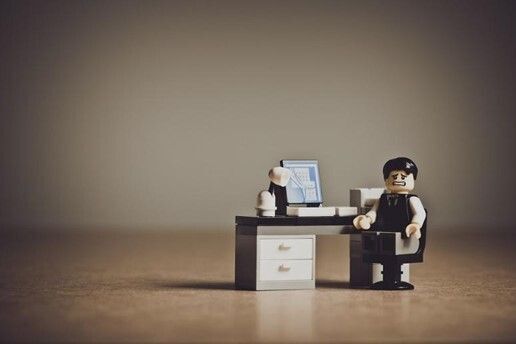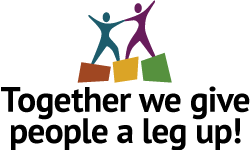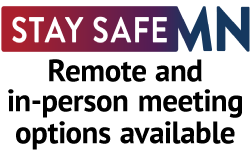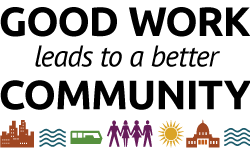
What is Workplace Depression?
Feelings of depression at work are real and it's important to notice if your feelings are more than just Monday morning blues. Chronic feelings of depression could become a more serious mental health issue that may lead to absenteeism and lower productivity. Untreated, these feelings can adversely impact employment.
Let’s Peek into Statistics
According to the World Health Organization (WHO), “Depression is a common illness worldwide, with an estimated 3.8% of the population affected, including 5.0% among adults and 5.7% among adults older than 60 years. Approximately 280 million people in the world have depression (September 2021)."
Symptoms of Depression at Work (and beyond)
- Withdrawal from others in the workplace or absenteeism
- Low productivity
- Poor emotional regulation
- Expressions of guilt, sadness, or hopelessness
- Less confidence
- Poor concentration or forgetfulness
- Loss of interest in workplace activities or activities previously enjoyed
- Appearing fatigued or other changes in appearance
Of course, there could be many more indicators of workplace depression not listed here and with more work being done remotely, many employees may be more isolated, making it harder to get help.
Reasons Why Workplace Depression Might be on the Rise
The post-COVID workplace looks very different from pre-COVID. The following changes maybe leading to an increase in workplace depression.
1. Change in Workplace Culture: Covid forced office premises to close and work from home became the new normal. While some have found solace in working from the comforts of home, others did not adjust as well. For many, less human contact caused increased distress and isolation.
2. Loss of Support Network: Many of us have lost family members or even colleagues. Disruptions to the workforce from COVID have changed or reduced many of the support systems we used to rely on.
3. Common Workplace Issues: Sometimes performance expectations can cause bouts of anxiety. Inflexible work hours, unsupportive team members, or being in the wrong professional or cultural fit can also add to feelings of workplace depression.
Additionally, the taboo attached to depression can aggravate things even more. Often, we do not know who to turn to and even if we do, the fear of being judged looms large.
Small But Significant Ways to Cope with Workplace Depression
- Take a stroll outside your home or workplace (wherever you are working from) at frequent intervals. Stretch your legs, breathe in some fresh air.
- Find a hobby or mindfulness activity that can help you feel more relaxed.
- Learn to say “No” to things.
- Spend time with friends or family.
- Eat simple, nutritious, and healthy food every day.
- Seek help from a medical professional. Here are some ideas for finding the right person.
Make the Workplace a Happy Place
Jobs fulfill our basic needs and give us purpose and motivation. At Daily Work, we provide support for job seekers to secure new work and KEEP it. This includes connecting with job seekers about how much they like their jobs and talking through the highs and lows happening at work.
If you know someone who needs more support in their current job or who wants to make a change, contact us. We provide holistic support ranging from talking about how to handle difficult situations at work to finding jobs online and making applications.











